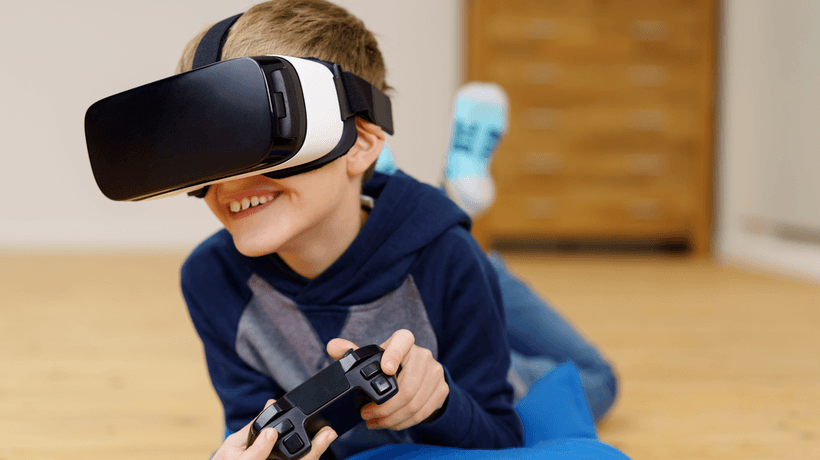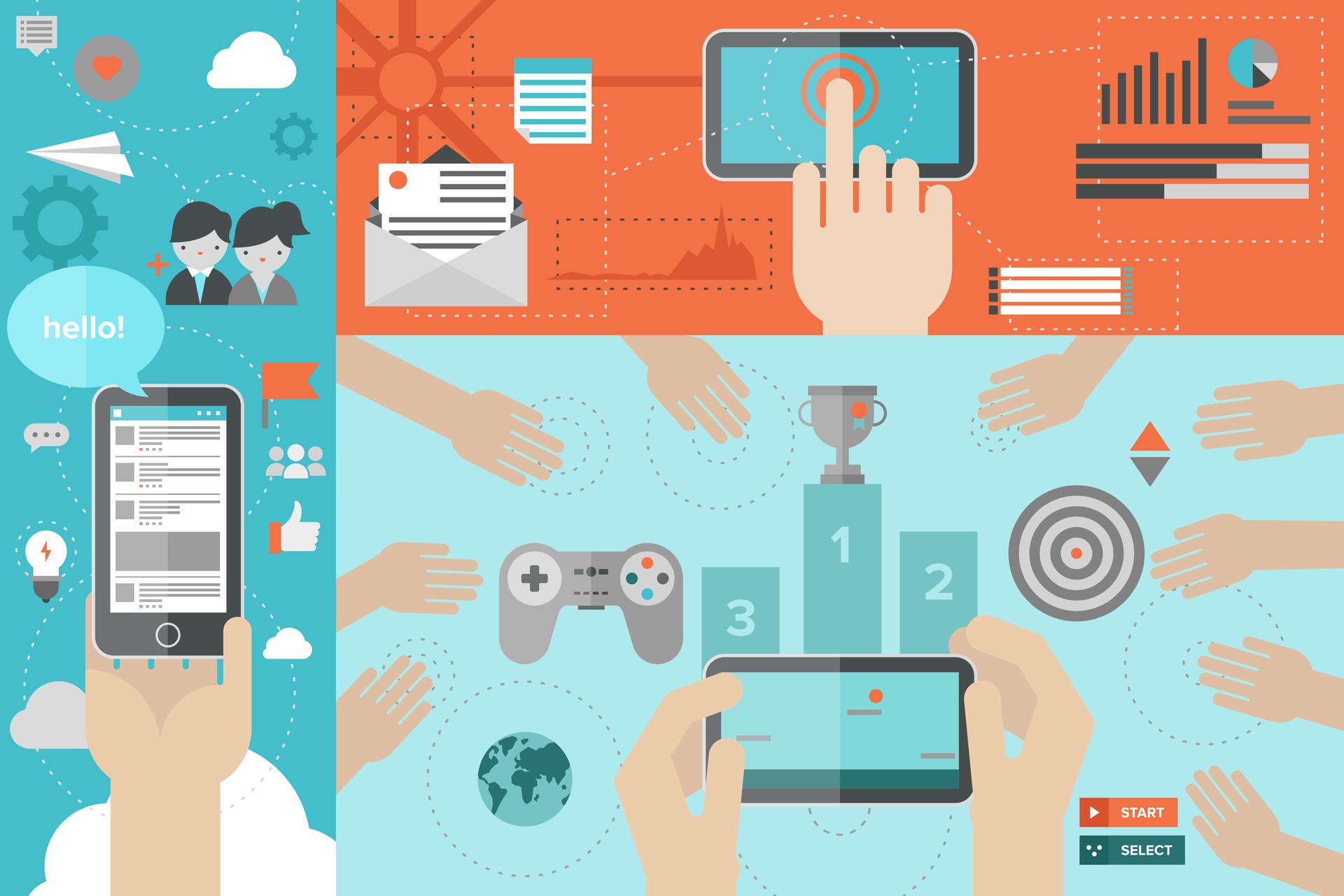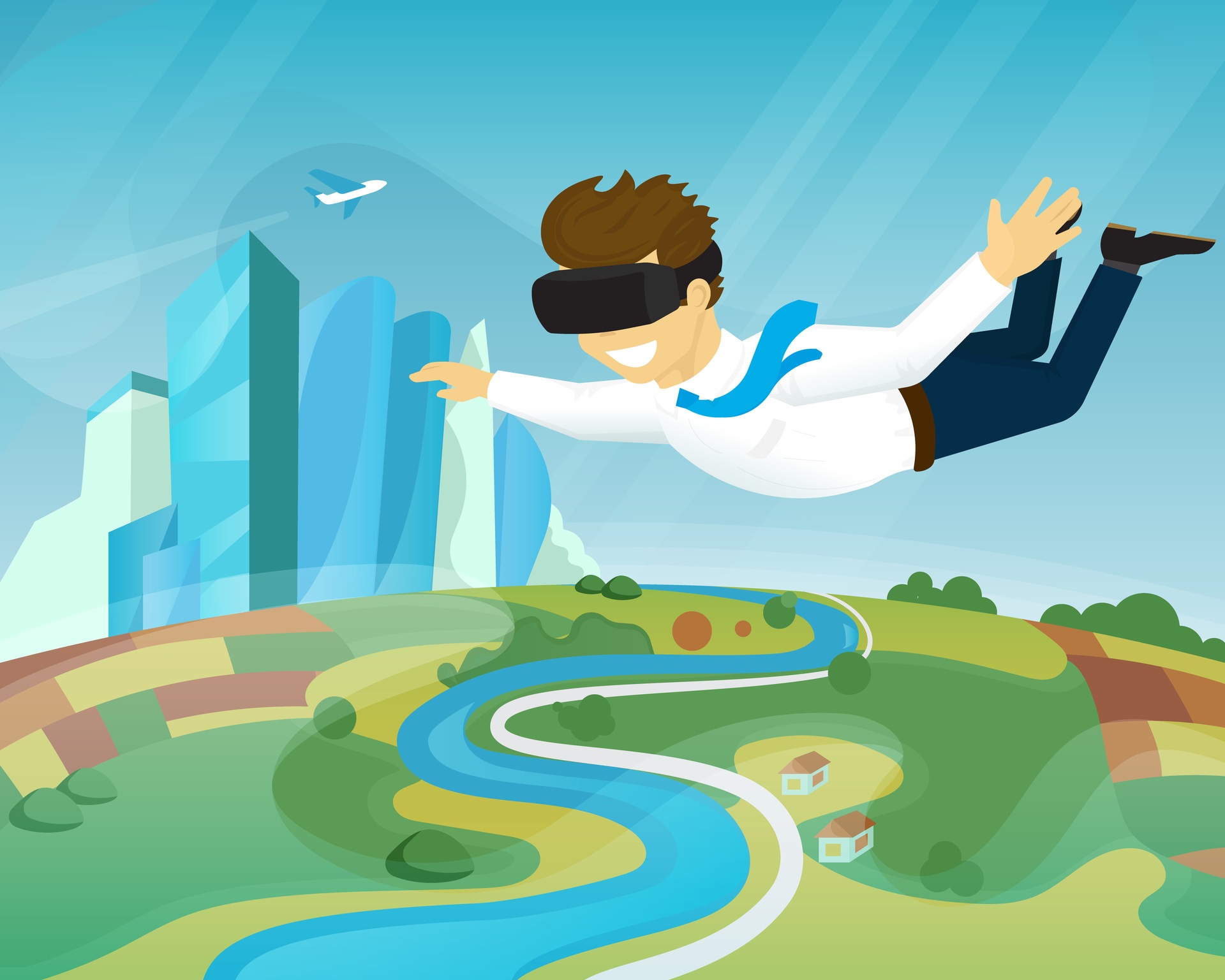eLearning Games In Education
The approach to learning is a much more global one and is gaining momentum today. Modern teaching and the technological era are like two peas in a pod. Technology is used within a modern education system to impart education. The application of digital games in sciences in learning environments has influenced both teachers and learners simultaneously. The enhancement of both can happen here, and game-based learning (GBL) can turn out to be essential. It’s nothing, but including games can make learning more effective. It is the biggest challenge for any educator. Students require prizes, surprises, and humor to keep up their enthusiasm in learning with high standards of digitalization.
What Is Game-Based Learning?
Game-based learning is learning a topic or being educated by playing various games. Since computer use is so widespread, whether it's via a tablet, computer, or mobile, it is a no brainer for teachers and parents to take advantage of technology to teach various subjects to children. Modern technology did not kick-start it, game-based education is centuries old. Imagine chess and how it can mentally relax players. It engages you in strategic and critical thought.
Benefits Of eLearning Games In Education
Some of the possible advantages of game-based learning are that engaging in an activity such as gaming is far more enticing to children. It's a slam dunk, as it seems to be just a surface game but underneath, it can capture the imaginations of children, helping them learn subjects that could have been a bore or more difficult to get through in a typical classroom setting.
In reality, game-based learning has been shown to enhance retention, including holding data in your brain. It's great because various learning styles that people have are all catered for by various games that help students understand their strengths and weaknesses. The primary purpose here is retention—to bear in mind what you learned while playing the game.
This is a fantastic opportunity for students to integrate more challenging topics into a fun, more open forum to participate in the subject.
Best Student eLearning Games
Elementary Schools
- ABC Mouse: This website features fun and engaging games, songs, and puzzles for reading, math, science, and art, providing a complete curriculum for kids ages 2-8.
- Buzzmath: Looking for a way to maximize performance in a way that would be appreciated by children? This site can take the K-12 students on a time-traveling adventure filled with stories.
- Funbrain: Dive into a coral reef or be a star climber on this awesome site that includes a wide variety of games for children (pre-K–8) that can be sorted by grade level. This eGame will assist children in enhancing their knowledge in science and their reading abilities.
Middle/High School Students
- Boat Coordinates: To learn and practice concepts associated with grids and quadrants, use this interactive boating game. Run along the axes of X and Y to get as quick as you can to the finish line. It helps children with mathematics.
- Design a Space Station: A new space station is being built by NASA and needs your support! Help create a brand new space station to learn interesting things about space and what it's like to live there. This game assists the children to increase their science knowledge.
- High Stakes Heist: In order to smash safes, use the knowledge of the order in operations to help hero Kit Foxtail return the money to the people that was stolen by the evil Duke von Wolfington. You'll have to think quickly while trying to solve an equation.
AR In eLearning Games
Augmented Reality (AR) provides functionalities that facilitate immersion, engagement, and imagination, experiences unique to the constructivist concepts of smart learning. Similarly, developers of eLearning will build games based on AR for mobile devices. AR games can offer a first-hand experience of several different things, whether it's creating scenarios for running complex devices, a simulated walk through a warehouse, or the recreation of an emergency scenario.
Conclusion
Game-based learning has changed the emphasis from learning with lectures and written assignments to learning with games, and modern education has become an important part of it. It takes more than just the art to master basic skills of reading and writing in order to be an integrated member of contemporary society. It can enable a learner to explore new ways of achieving goals and objectives.









